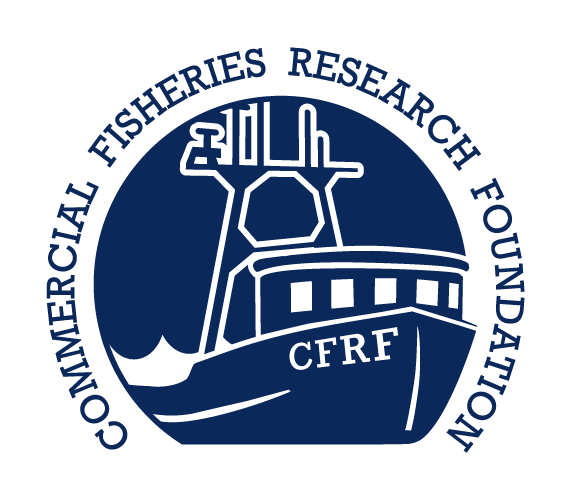Discard Mortality Estimation of the Southern New England Flatfish Complex Using Ramp Methods
- Program: SNECRI 2008
- Total Amount Awarded: $75,529
- Project Duration: Jun 1, 2009 - May 31, 2011
- Status: Completed
Project Team:
- Dr. Kevin Stokebury (UMass)
- Adam Barkley (UMass)
- Steve Cadrin (UMass)
- Christopher Brown (FV Grandville)
- Jim Kendall (New Bedford Seafood Consulting)
Project Summary:
The major objectives of this project are to assess the use of Reflex Action Mortality Predictors (RAMP) in estimating the mortality of the flatfish complex in Southern New England and define RAMP-Mortality relationships that can be applied to field observations. By-catch is one of the most prominent problems in marine fisheries today. Mortality or survival of discarded by-catch is under-studied and a large source of uncertainty in fisheries management. In lieu of experimental results, most stock assessment models assume a discard mortality rate of 100%, but the actual rate is thought to be less. Numerous methods have been developed to reduce the amount of by-catch in certain fisheries, but little research has taken place to more accurately estimate the bycatch mortality rate for individual species. Reflex Action Mortality Predictors assess the relationships between fish reflex impairment to delayed mortality. Not all fish released alive survive the fishing process. The stresses of the tow, pressure change as well as other factors are thought to have longer term effects on the mortality of the fish. Summer flounder (Paralichthys dentatus) and winter flounder (Pseudopleuronectes americanus) currently have a discard mortality rate assumed in the stock assessment, and this study can be used to validate the use of reflex impairment as a proxy for mortality as well as identifying the factors that affect the mortality rate of discarded fish. This type of study would be a great addition to the assessments in the Southern New England fishery, more specifically in the assessments with yellowtail flounder (Limanda ferruginea), summer flounder, winter flounder and windowpane flounder (Scophthalmus aquosus).
